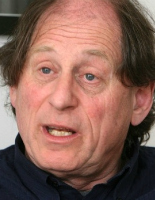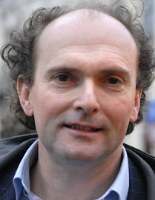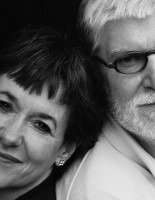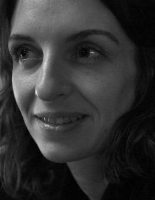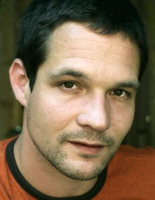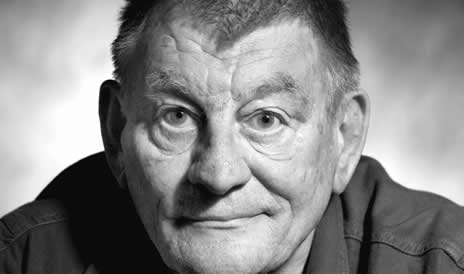
J. Bernlef
- Speak, Memory
Date: Wed 31 August Time: 06.00 pm Venue: The Bookworm Beijing - An evening of poetry
Date: Fri 2 September Time: 07.00 pm Venue: Trainspotting - J. Bernlef and Xu Zechen in conversation
Date: Sat 3 September Time: 01.00 pm Venue: BIBF
Life and work
Bernlef (b. 1937), who made his debut in 1960, has produced an extensive body of work including poems, short stories, novels and essays. He translated the Swedish poets Lars Gustafson and Tomas Tranströmer into Dutch and was editor of the literary periodicals Barbarber and Raster. The best known of his many novels are Out of Mind (Hersenschimmen, 1984, which was made into a feature film and translated into many languages) and Publiek geheim (‘Public Secret’, AKO Literature Prize 1987). He has received many prizes, including the PC Hooft Prize and the Constantijn Huygens Prize. His recent successful novels are Boy (2000, nominated for the Libris Literature Prize) and Buiten is het maandag (‘Outside It’s Monday’, 2003, nominated for the Libris and AKO Literature Prize). In 2008, Bernlef was the author of the annual Book Week present, entitled De pianoman (‘The Piano Man’), a novella, nearly a million copies being given away free.
Hersenschimmen
In the novel Hersenschimmen, Bernlef has depicted reality through the eyes of a man who is suffering from Alzheimer’s disease. Maarten Klein, a Dutchman who has emigrated to the US, suddenly realizes he is losing grip on his once so familiar life, whether he likes it or not.
Surrounded by a landscape filling up with snow it appears all tracks are being erased as he witnesses how reality is coming apart at the seams into chunks of isolated observations. Language appears to be the only remedy he has to give sense to all these fragmentary impressions.
That is why he names as meticulously as he can, all that he thinks, feels and sees. So too, had his father noted down the air temperatures in carefully kept graphs, in search of a system that must somehow lie behind the facts. The quickly deteriorating Maarten knows there have always been explanations as to the facts of his life, but now he can no longer reach them. Past and present, appearance and reality become one. He confuses his wife Vera with his first love, Karen, then with a whore, and then with his mother. While out for a walk he breaks into a deserted building thinking he has to take down the minutes of a meeting. Slowly but surely he loses grip on his final mainstay: his language ability. His sentences become shorter, he can no longer come up with the right words and finally even the voice in his head falls silent.
Even though Hersenschimmen deals indirectly with the problems of writing it has also been widely read in medical circles whose professional concerns are dementia and aphasia. It was made into a feature film.
Translation in Chinese
- Bernlef, J.. [Huang hu] Chinese / translated from Dutch by Xinliang PAN. Beijing: People’s Literature Publishing House, 2006. ISBN:9787020054893.
